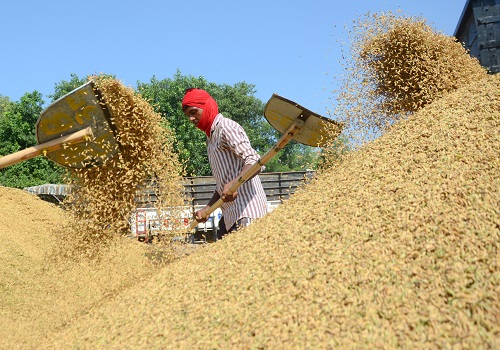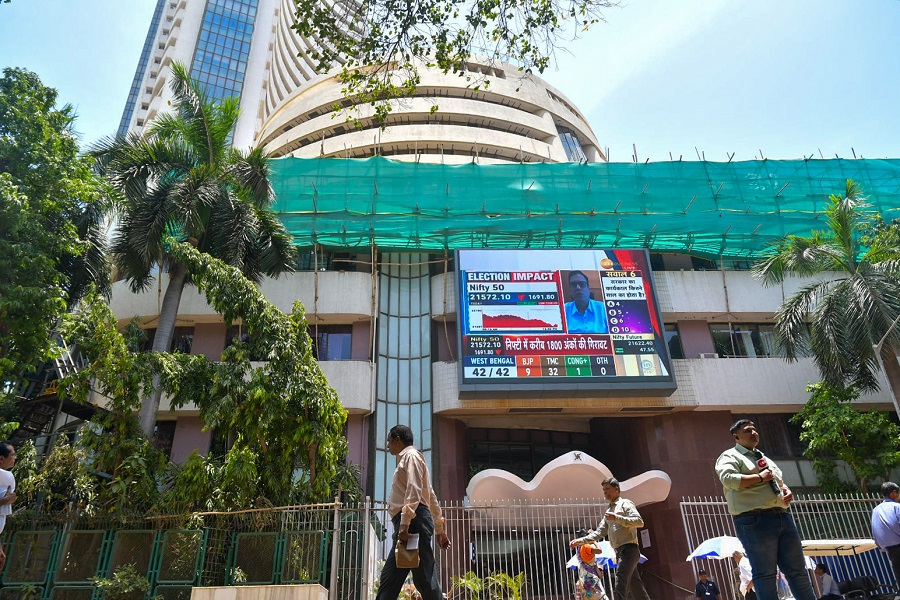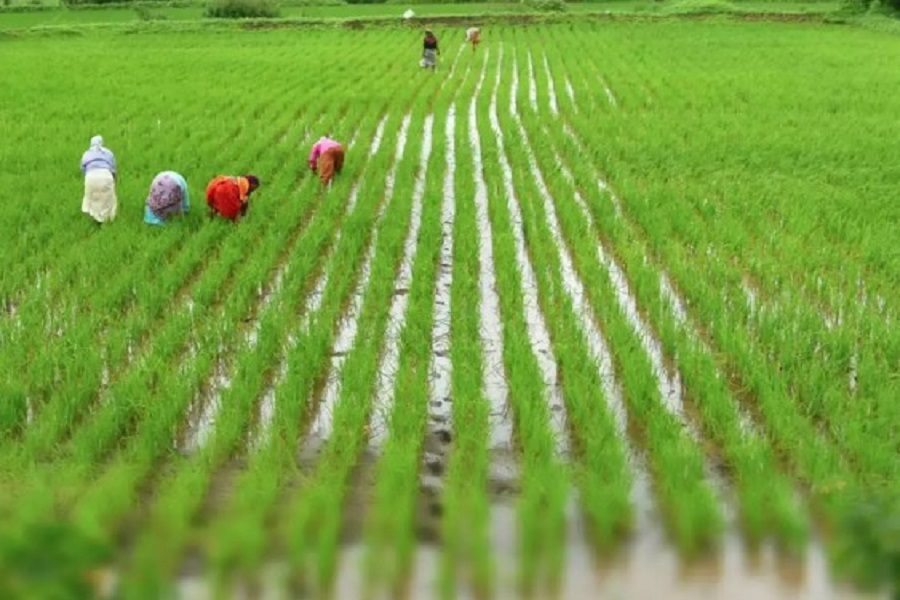India`s Wheat Reserves Hit 16-Year Low Amid Rising Rice Stocks by Amit Gupta, Kedia Advisory

India's wheat reserves with the Food Corporation of India (FCI) have dropped to a 16-year low of 29.91 million tonnes as of June 1, 2024, marking a 4.7% decline from last year. Conversely, rice stocks have surged by 21.8% to 50.46 million tonnes. The overall foodgrain stock has increased by 10.3%, reaching 80.76 million tonnes. This mixed scenario ensures sufficient food supply for welfare schemes despite wheat shortages.
Highlights
Decline in Wheat Stocks: India's wheat reserves held by the Food Corporation of India (FCI) have decreased by 4.7%, dropping to 29.91 million tonnes (mt) as of June 1, 2024, from 31.39 mt a year ago. This decline marks a 16-year low in wheat stock levels, with the previous lowest being 24.12 mt on June 1, 2008.
Increase in Rice Stocks: Contrarily, rice stockpiles have increased significantly. The reserves are up by 21.8%, now at 50.46 million tonnes compared to 41.42 mt in 2023. This rise includes 17.94 mt of rice still in the form of paddy, which represents an 18% increase in paddy stocks due to better procurement despite production setbacks in some states.
Foodgrain Stock Overview: Overall, the total stock of foodgrains, which includes rice, wheat, paddy in terms of rice, and coarse cereals, has risen by 10.3%, reaching 80.76 mt as of June 1, up from 73.25 mt a year ago. This comprehensive increase provides a buffer against potential food shortages.
Adequate Supplies for Welfare Schemes: Despite the low wheat reserves, there is no immediate concern for meeting the demands under the National Food Security Act (NFSA) or other welfare schemes. The existing stocks of rice and wheat are considered sufficient for these obligations, ensuring food security.
Impact on Open Market Sale Scheme (OMSS): The government sold a record 10 mt of wheat under the OMSS in 2023-24 to curb price increases. However, there was minimal demand for rice under the same scheme, even though the government was willing to sell large quantities. This indicates a divergence in market dynamics between wheat and rice.
Conclusion
The decline in wheat stocks to a 16-year low raises concerns, but the significant increase in rice reserves offsets the immediate risks to food security. The overall rise in foodgrain stocks ensures that the government can meet its obligations under the National Food Security Act and other welfare programs. However, the reduced wheat availability might limit the open market intervention options. Going forward, favorable weather conditions will be crucial for ensuring a robust harvest in 2024, maintaining balanced foodgrain reserves, and avoiding market volatility.
Above views are of the author and not of the website kindly read disclaimer
























